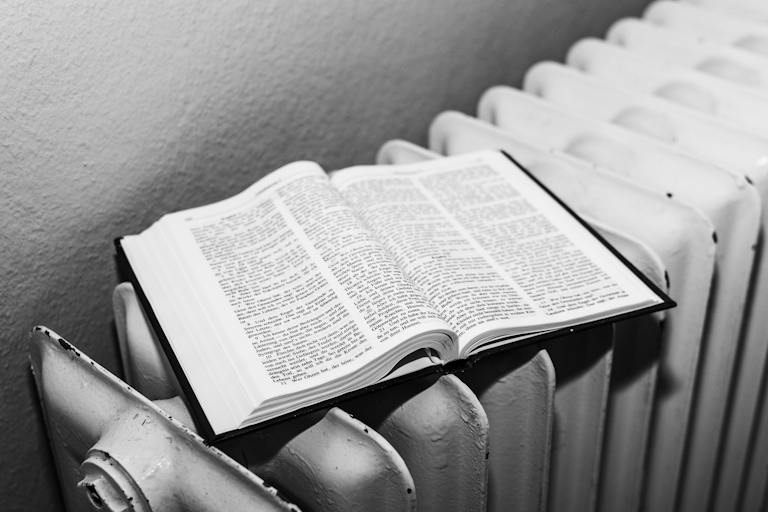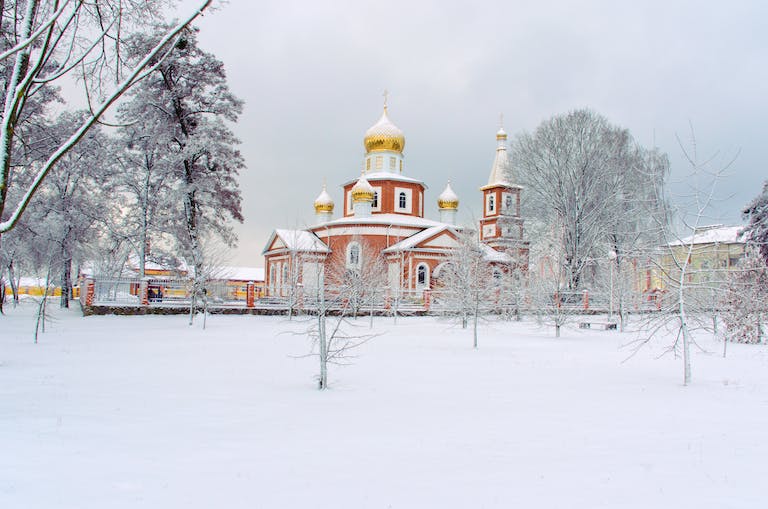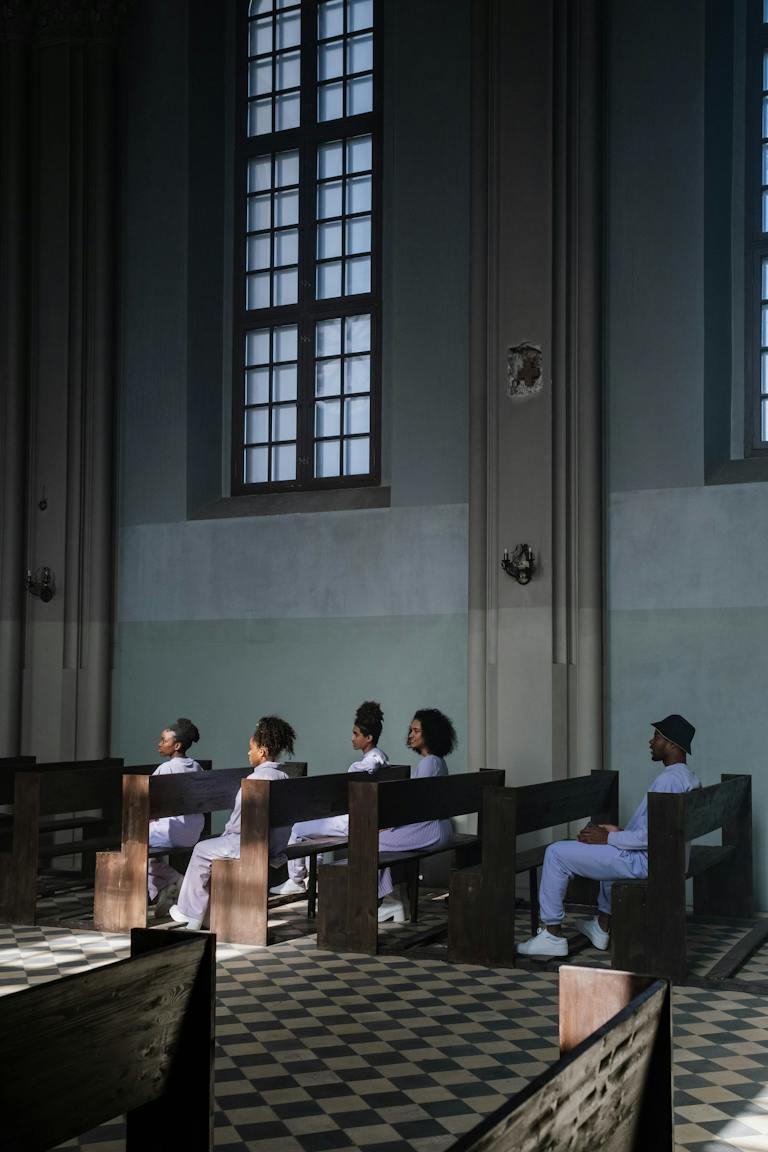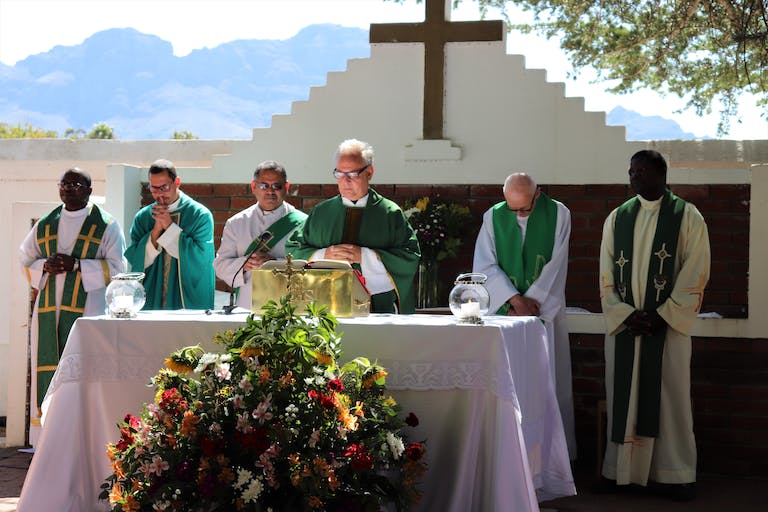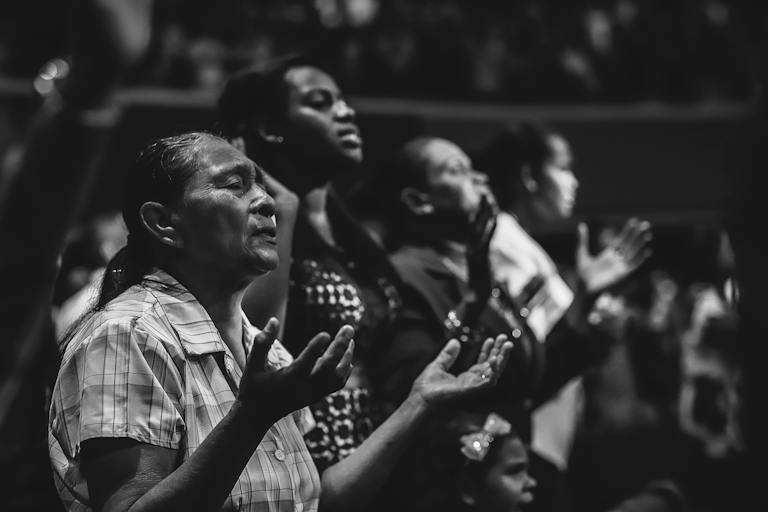Is the Catholic Church a Cult?
The Catholic Church is one of the largest religious institutions in the world, with over 1.3 billion members. However, it has faced accusations of being a cult due to some of its beliefs and practices.
I clearly state that while the Catholic Church has some cult-like aspects, it does not fully meet the criteria to be considered an actual cult.
What is a Cult?
To address whether Catholicism qualifies as a cult, we must first define what constitutes a cult.
Common Characteristics
Cults are usually characterized by the following traits:
- A charismatic, authoritarian leader. Followers submit completely to this leader and his or her vision.
- Social isolation. Cult members are strongly discouraged or prevented from interacting with friends and family outside the group.
- Control over members’ behaviors, information, thoughts, and emotions through manipulation and exploitation.
- The group demands unquestioning commitment. Members are expected to devote all their time, energy and resources to the cult.
- The group claims to have exalted purpose or special knowledge. This makes members feel elite and chosen over outsiders.
Assessment Criteria
Experts evaluate groups thought to be cults based on criteria like:
- The level of harm caused
- Methods of manipulation and indoctrination
- Exploitation of members
- Violation of human rights and freedoms
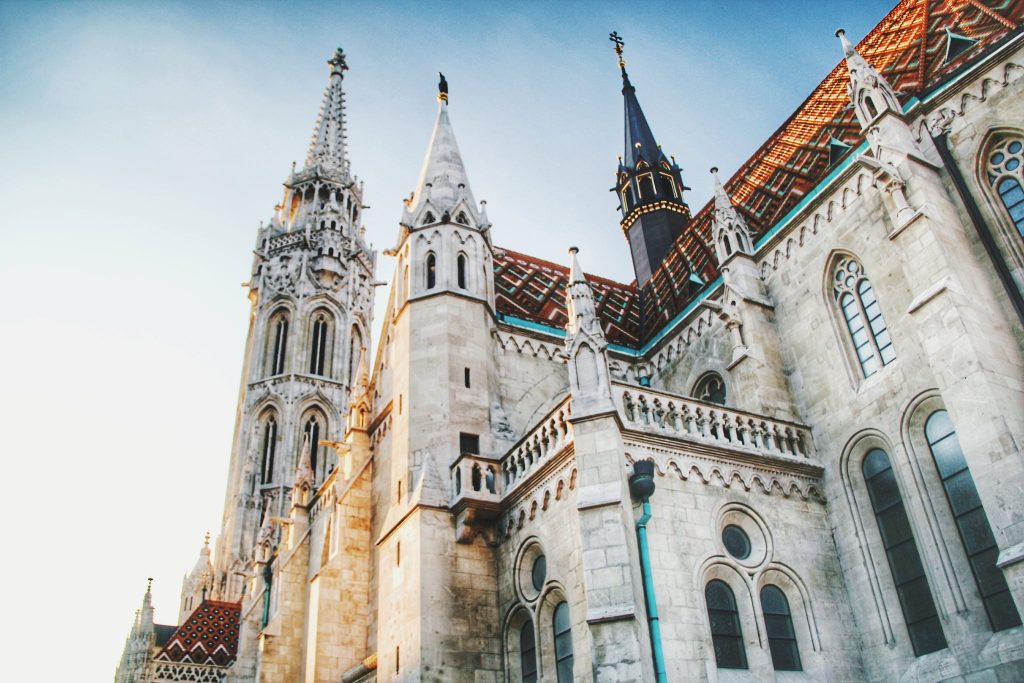
Does Catholicism Have Cult Characteristics?
The Catholic Church shares some concerning similarities with cult groups but it does not satisfy all the criteria for being labeled a cult.
Central Leadership
The Pope serves as the centralized, authoritative leader of the institution. However, Popes change periodically, and oversight exists through councils of ranking clergy. Members are not expected to worship the Pope.
Information Control
While the Church has been accused historically of obscuring certain information, its theology and knowledge base are now widely available for examination. Members have access to outside sources.
Indoctrination
Catholic children often undergo sacramental rites like first communion before the “age of reason”. This early experience helps solidify lifelong Church commitment and belief. However, coercion is not used to retain adult members.
Financial Exploitation
The Church collects tithes and donations. While excessive solicitation would be unethical, tithing at reasonable levels is customary in religion. The church also engages extensively in non-profit charity work.
Allowance for Personal Freedoms
Catholics are not isolated from outside society. They are free to interact with non-Catholics, dress normally, take jobs, and pursue hobbies and interests of their choice without church interference. If unhappy with the institution, they may cease practicing the faith without repercussions.
Violation of Human Rights
The Church officially condemns the violation of human rights. However, it has failed seriously in preventing clergy sexual abuse and lacked appropriate responses in some cases. This remains an ongoing issue being addressed within the institution.
Assessment Conclusion
In summary, while aspects of its indoctrination methods, absolutist truth claims, authoritarian leadership model, and sexual abuse scandal response raise concerns, the Catholic Church does not exhibit enough hallmarks of a true cult to warrant that label. Members freely choose whether to follow its teachings without facing retaliation for leaving. Given its promotion of charity, faith, and overall well-being for the majority of its members, it causes more benefit than harm.
The Difference Between a Cult and Conservative Religion
The distinction between an extremely conservative belief system and a deceptive, exploitative cult can be subtle. Why does society condemn cult groups but accept strict churches and sects?
Totalitarian Control
The key difference lies in the level of control exerted over members’ lives. Totalitarian cults micromanage behavior, finances, relationships, information sources, and activities. Conservative faiths influence choices to freely varying degrees but still respect human rights and autonomy.
Informed Commitment
Cults induce membership through misrepresentation, only revealing their full beliefs gradually after initiation. Their techniques limit informed consent. Conservative religions are typically more transparent about their foundational tenets, allowing prospective devotees to assess compatibility before committing.
Voluntary Membership
Finally, mainstream religions allow interested individuals to simply walk away without fear of consequences. Cult defectors risk shunning, harassment, or worse from the group they abandon. The choice stays voluntary instead of being coerced. Conservative theology alone does not make an organization a cult if it respects freedom.
Why Do Allegations Against Catholicism Persist?
Given these reasons why the Catholic Church ultimately avoids a cult classification, why does the controversy persist?
Past Religious Coercion
Centuries ago, the Church prohibited common access to scripture and emphasized Latin liturgy the masses could not understand. It has historically punished dissent. This factional, coercive legacy influences modern impressions.
Childhood Indoctrination
Today, many perceive early youth participation in sacraments like first communion and confirmation as indoctrination before children can logically evaluate the belief system or give informed consent.
Scandals
Ongoing sexual abuse scandals have exposed the tragic failure of powerful individuals in the church to protect victims, respond adequately, self-police, and enact meaningful reforms. This fuels the impression of ongoing corruption and coverups.
Conservative Social Policies
Finally, the church continues to defend unpopular conservative positions on issues like contraception, divorce, women’s roles, and gender identity. These increasingly conflict with liberal social values in developed nations.
The Verdict: Not an Actual Cult But Forward Progress Needed
Given this analysis, in my assessment the Catholic Church falls short of meeting the consensus criteria and definition for being an abusive, exploitative cult group based on allowing free continuation of or departure from membership. However, lingering issues like early childhood participation, moral scandals, social aggressiveness, and resistance to reform understandably cast a shadow on its overall reputation and ethics.
If the Church aims to avoid permanent alienation from modern society, an increased priority on transparency, accountability, safeguarding human rights, and updating doctrine would be warranted to reflect reasonable current social mores. While the faith itself will remain conservative in theology, the institution could modernize in culture, conduct, and communion with outsiders.


